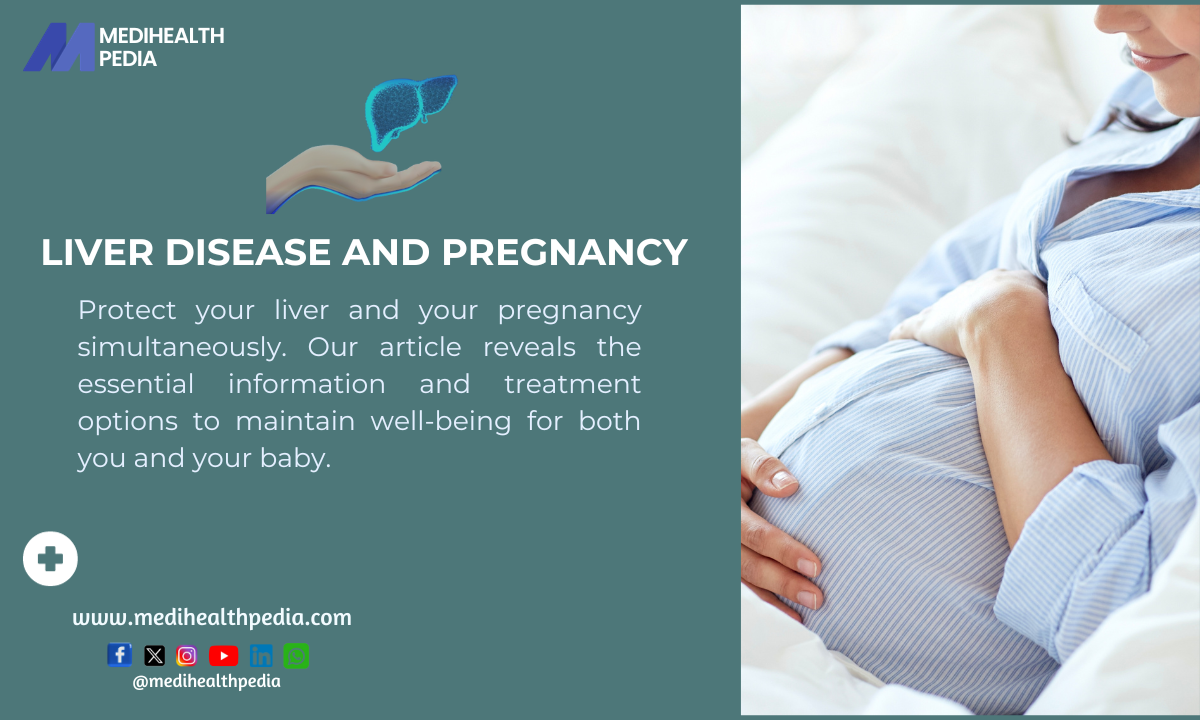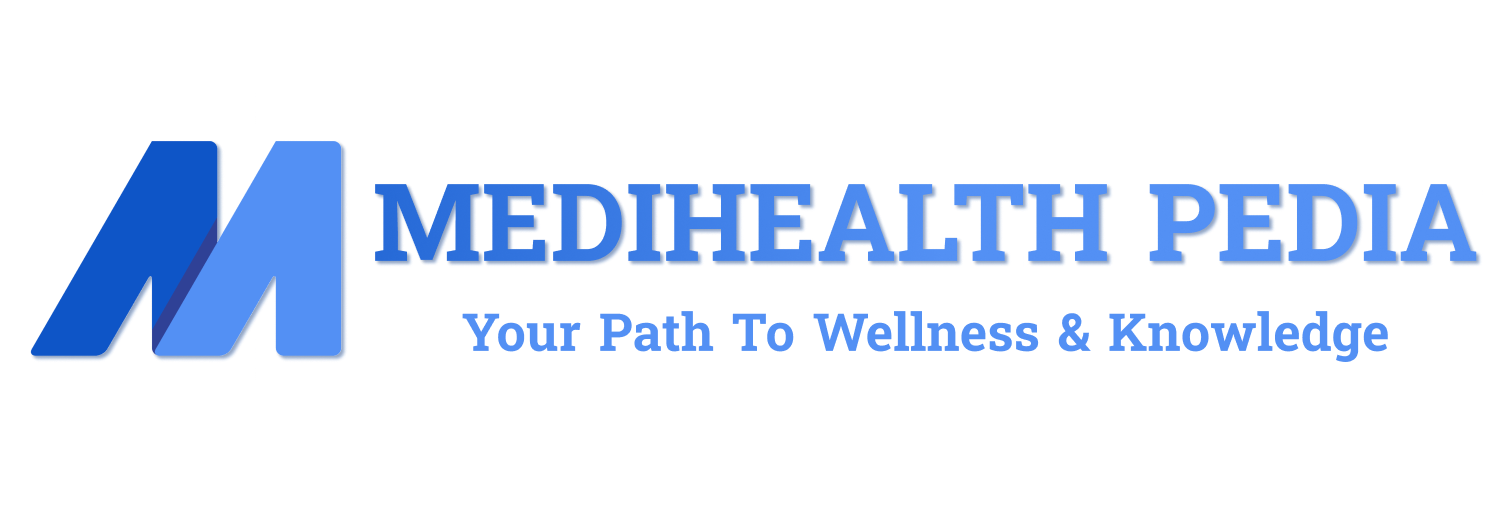Motherhood and Liver Health: A Comprehensive Pregnancy Guide
Introduction
Pregnancy is a time of profound physiological changes in a woman’s body, and it can sometimes unmask or exacerbate underlying liver conditions. In this comprehensive guide, we will explore liver diseases during pregnancy, including practice essentials, clinical presentation, workup, conventional treatment, and prevention during pregnancy, safe herbal medicines for treatment, lifestyle modifications, and conclude with valuable insights for expectant mothers dealing with these conditions.

Practice Essentials of Liver Diseases During Pregnancy
Understanding the practice essentials of liver diseases during pregnancy is crucial for healthcare professionals and expectant mothers. Let’s delve into the fundamental aspects of this complex issue.
- Overview
Liver diseases during pregnancy encompass a broad spectrum of conditions. These can be pre-existing liver diseases that a woman enters pregnancy with, liver diseases that develop during pregnancy (often specific to pregnancy), or conditions where pregnancy exacerbates an existing liver disorder.
- Common Liver Conditions During Pregnancy
The most common liver conditions during pregnancy include:
- Gestational Liver Disease: Conditions like intrahepatic cholestasis of pregnancy (ICP) and preeclampsia can affect the liver during pregnancy.
- Pre-existing Liver Conditions: Hepatitis, autoimmune liver diseases, and fatty liver disease may become more complex during pregnancy.
- HELLP Syndrome: A severe form of preeclampsia that affects the liver, characterized by Hemolysis (breakdown of red blood cells), Elevated Liver enzymes, and Low Platelet count.
- Acute Fatty Liver of Pregnancy (AFLP): A rare but life-threatening condition characterized by the accumulation of fat in the liver cells.
Clinical Presentation
The clinical presentation of liver diseases during pregnancy can vary widely depending on the specific condition. However, common symptoms may include:
- Jaundice (yellowing of the skin and eyes)
- Abdominal pain or discomfort
- Nausea and vomiting
- Dark urine
- Fatigue
- Swelling in the legs and feet (edema)
- Elevated blood pressure
It’s essential for expectant mothers to be aware of these symptoms and promptly report any unusual changes to their healthcare providers.
Workup
The workup for liver diseases during pregnancy typically involves a combination of clinical evaluation, blood tests, imaging studies, and sometimes, liver biopsy. Common diagnostic tests include:
- Blood Tests
Blood tests can measure liver function, assess the severity of liver damage, and screen for specific liver conditions, such as hepatitis.
- Imaging Studies
Ultrasound, CT scans, or MRI can help visualize the liver and detect any abnormalities or signs of liver disease.
- Liver Biopsy
In some cases, a liver biopsy may be recommended to assess the extent of liver damage and determine the most appropriate treatment.
Conventional Treatment and Prevention
The approach to the treatment and prevention of liver diseases during pregnancy depends on the specific condition. Here are some common strategies:
- Gestational Liver Disease
For conditions like ICP and preeclampsia, treatment and prevention may include:
- Medications to manage symptoms and complications.
- Early delivery if necessary for severe cases.
- Pre-existing Liver Conditions
For expectant mothers with pre-existing liver conditions, close monitoring and management are essential. This may involve:
- Regular prenatal check-ups to assess liver function and overall health.
- Medications to control the underlying liver condition.
- Collaboration between obstetricians and hepatologists to ensure coordinated care.
- HELLP Syndrome
Treatment for HELLP syndrome often involves hospitalization and may include:
- Blood pressure management.
- Corticosteroid therapy to accelerate fetal lung development.
- Prompt delivery, even if preterm, if the condition worsens.
- Acute Fatty Liver of Pregnancy (AFLP)
AFLP is a medical emergency, and treatment may involve:
- Immediate delivery of the baby.
- Supportive care to manage complications, such as coagulopathy and liver failure.
- Close monitoring and intensive care.
Safe Herbal Medicines for Treatment
While many herbal remedies are generally considered safe during pregnancy, it’s essential to exercise caution and consult with a healthcare provider before using any herbal medicines. Some herbs that have been studied for their potential benefits during pregnancy include:
- Ginger: Often used to alleviate nausea and vomiting.
- Peppermint: May help relieve indigestion and nausea.
- Chamomile: Known for its calming properties and can help with sleep and relaxation.
- Raspberry Leaf: Thought to tone the uterus and potentially aid in labor.
It’s crucial to use herbal remedies under the guidance of a healthcare provider who is knowledgeable about their safety during pregnancy.
Lifestyle Modification
Lifestyle modifications are essential during pregnancy to support overall health and well-being:
- Diet: A balanced and nutritious diet is crucial to provide essential nutrients for both the mother and the developing fetus. A healthcare provider or nutritionist can provide guidance on dietary choices.
- Exercise: Regular physical activity, under the supervision of a healthcare provider, can help maintain fitness and alleviate some common pregnancy discomforts.
- Stress Reduction: Pregnancy can be a stressful time, and relaxation techniques such as meditation and deep breathing exercises can help manage stress and anxiety.
Conclusion
Liver diseases during pregnancy can be complex and require special attention. Pregnant women need to be aware of the potential symptoms and risks associated with liver conditions and promptly communicate any concerns to their healthcare providers.
Close monitoring, accurate diagnosis, and appropriate treatment are vital for ensuring a safe and healthy pregnancy. Collaborative care involving obstetricians, hepatologists, and other specialists is often necessary for effective management. While herbal medicines and lifestyle modifications can play a supportive role, they should be used under the guidance of healthcare providers.
In conclusion, with timely and comprehensive care, expectant mothers can navigate liver diseases during pregnancy and work towards a successful and healthy outcome for both themselves and their babies.

